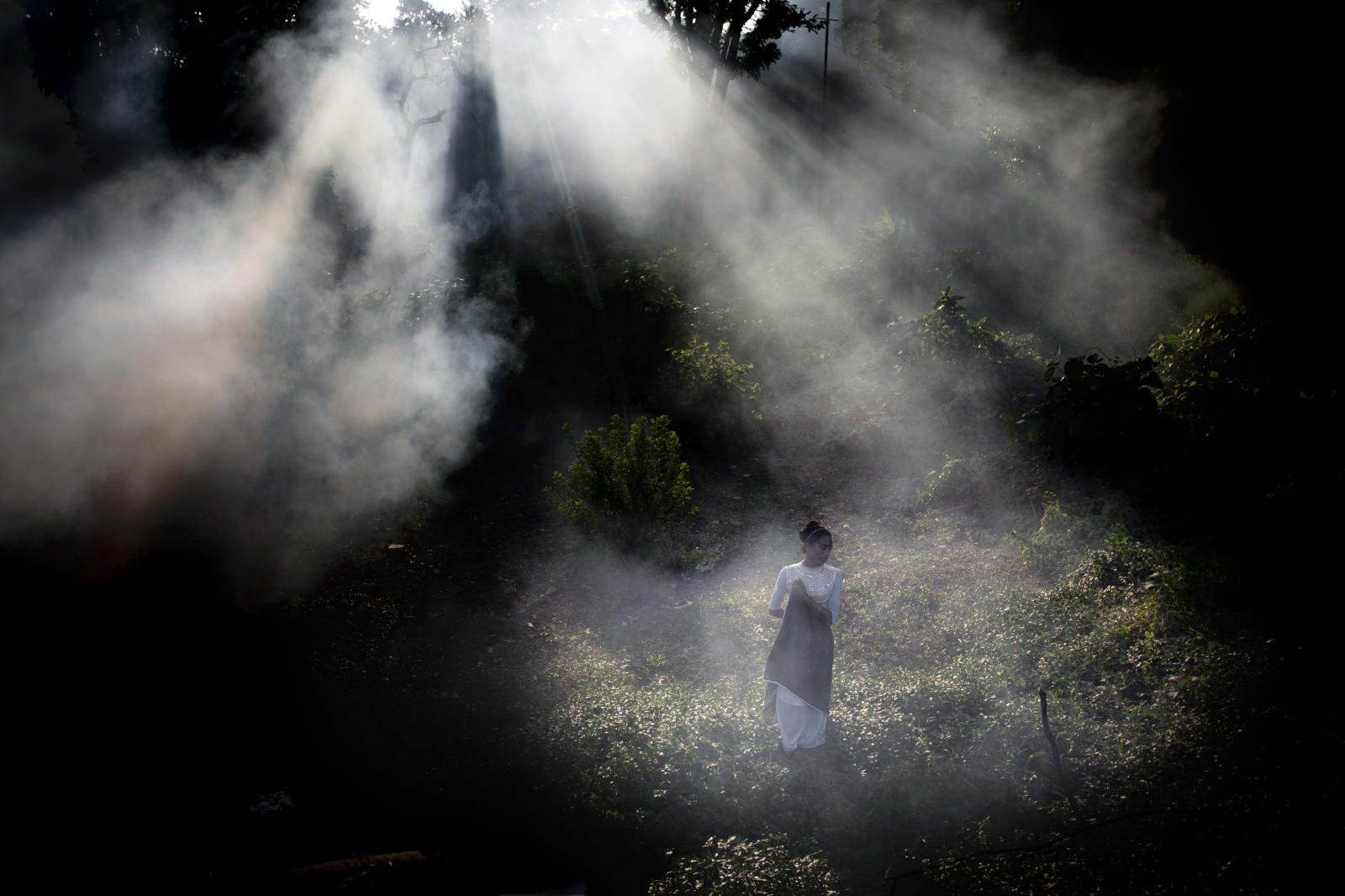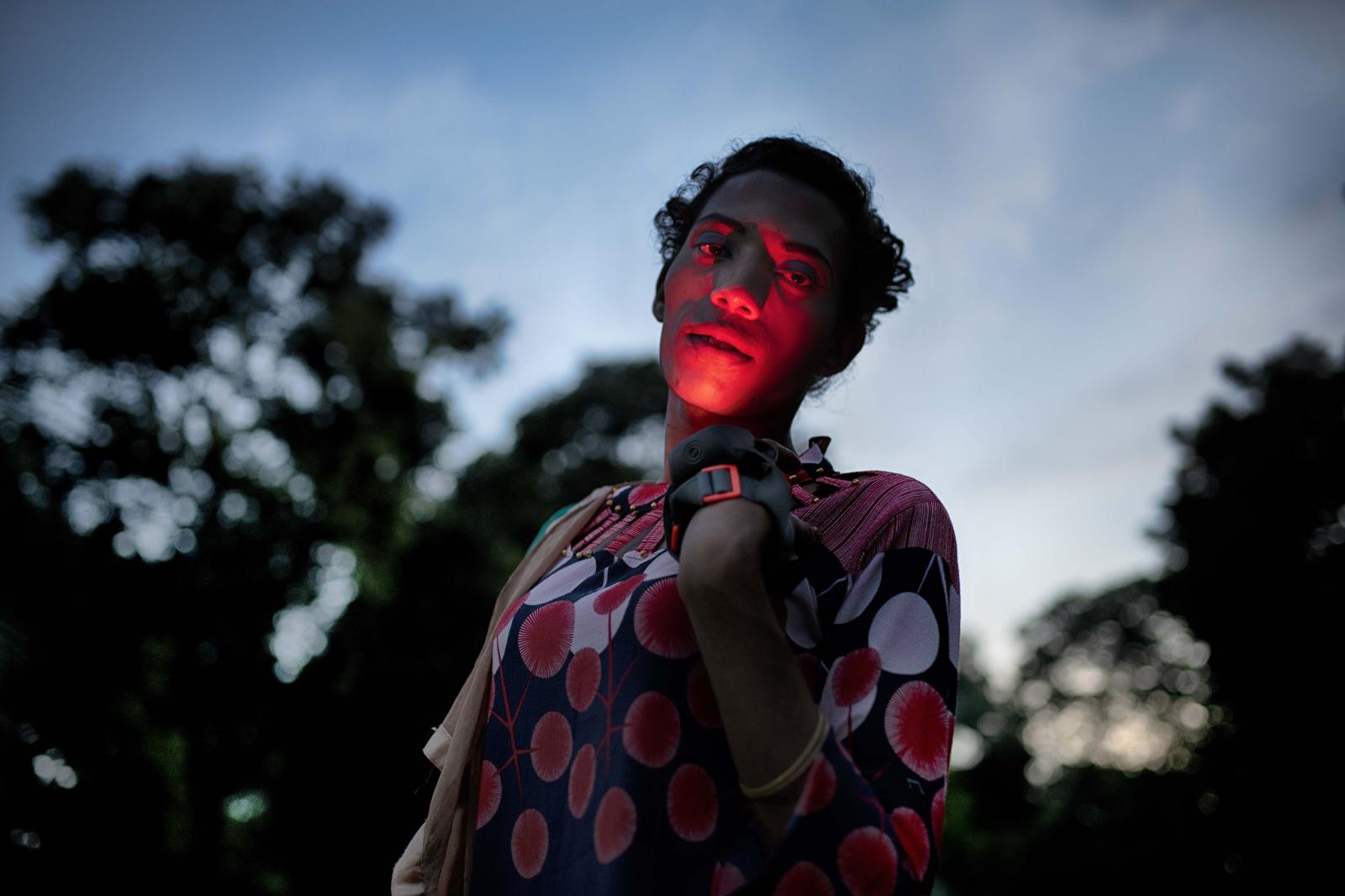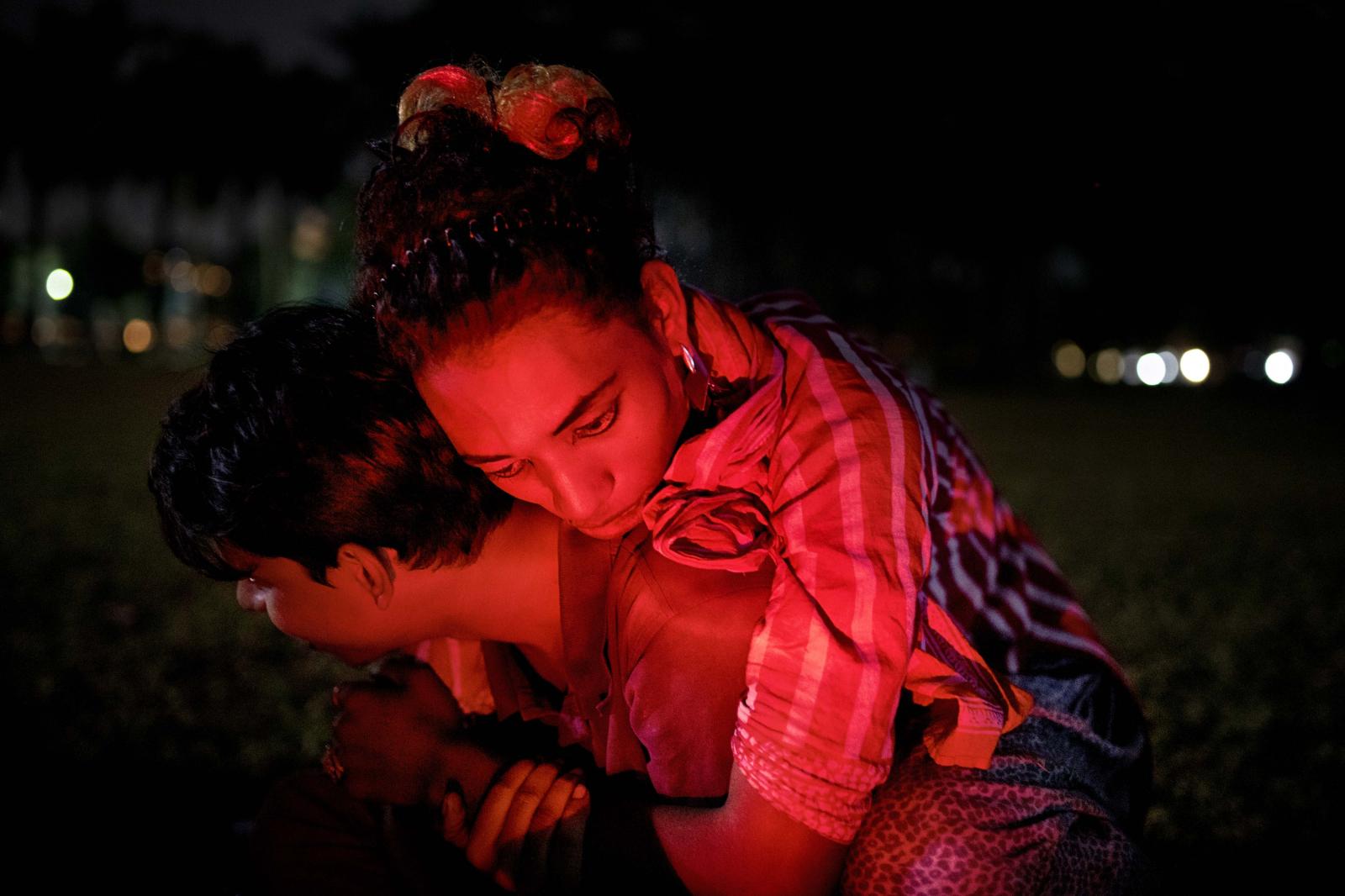"Neither Man nor Woman"
In Bangladesh, transgender people are looked down upon as though they are not human beings and are treated brutally only because they do not have the gender identity approved by society or the government. Although the government of Bangladesh has recognized this transgender group of people as 'third gender," it is not implemented even in their national identity cards. Transgender people are commonly known as ‘Hijra’ in Bangladesh. Hijra is also a common term for transgender people in India and Pakistan.
The sexual identity of transgender people is not associated with their birth. The studies show that most Hijra is born male biologically. As they grow up, they feel like females. They like to behave like females, and they also like to dress up and do makeup like girls.
There is no accurate date for the number of Hijra living in Bangladesh. According to research on hijra in Bangladesh, there are approximately 15,000 to 0.5 million hijra in Bangladesh. They live in different parts of the country. Mostly, they live in a slum with the Hijra community. As nobody wants to rent their house to a hijra, or if they can manage to get a house to live in separately, they have to pay the higher rent from others.
Hijra's life is very difficult. Their struggle starts at the beginning of their lives. Nobody wants a transgender baby to come into their life. If any family has a transgender child in their family, they have to give the child to the Hijra community, whether they want it or not. The Hijra community sometimes buys Hijra children from their parents and sometimes steals them because the parents do not want to give them their children. They have two names. One their parents give them, and another is given by the Hijra community. In our society, nobody looks at Hijra in a normal manner. Some think they are bad luck and taunt them. Some think they have some spiritual power because they are deprived, so Allah will grant their prayers faster than others. Some think their blessings may be good for newlywed couples or newborns, as they come and dance on occasion. But wherever they go, they are not treated normally like other citizens.
Although the government of Bangladesh has recognized Hijras as the ‘third gender’, this recognition cannot ensure the social acceptance of these people. They cannot study in schools as their fellow students and even the teachers do not treat them well; they do not get good jobs because of their lack of education, and even the jobs that do not require literacy are not offered to Hijras as the employers and other workers can not approve of their presence at the workplaces. They do not get medical facilities because the doctors and staff are uncomfortable serving them and sometimes maltreat them. The most pathetic fact is that they do not even have the option to live with their families. The parents, siblings, and other relatives are not comfortable disclosing their identities. So they must either hide the fact about their sex and assimilate or leave the family. Both are, undoubtedly, very hard options to choose from. After leaving home, they can live with the Hijra community. In every Hijra community, there is a leader who is called “Guru” or “Maa”. Hijra Guru is scheduling their job or time. The hijra guru has told them everything that they have to do in their regular lives.










